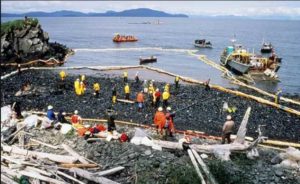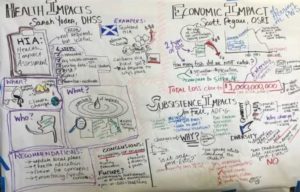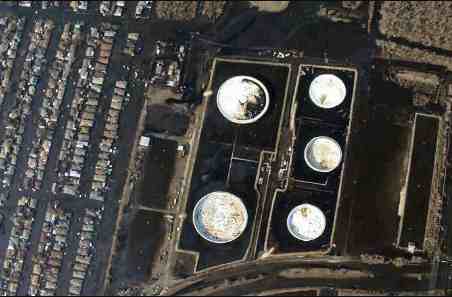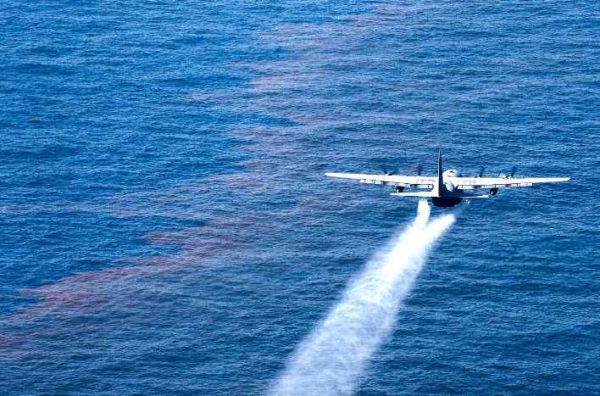
The Exxon-Valdez oil spill captured worldwide attention with its devastating environmental impacts. Less attention was paid, however, to the social and economic effects the incident had on local communities in the immediate aftermath as well as over the long term.
For years following the spill, local residents needed help understanding, managing, and recovering from the event—everything from job losses to mental health challenges. Unlike natural disasters that often draw people together in solidarity, technological disasters like the Exxon-Valdez event can have divisive effects on communities, contributing to conflict, tension, fear, and long-term stress.
Coping with Technological Disasters: A User-Friendly Guidebook was developed by the Prince William Sound Regional Citizens’ Advisory Council in collaboration with disaster experts and partners to help communities impacted by the Exxon-Valdez oil spill. The guide has since been used outside Alaska, including by communities affected by the 2010 Deepwater Horizon explosion, as a tool to help address the personal, social and economic challenges caused by technological disasters.
New information and strategies have been incorporated into the guide over time to reflect current research and understanding of community needs. Alaska Sea Grant’s Coastal Community Resilience Specialist, Davin Holen, contributed to the guide’s fourth revision, completed in May.

For 20 years, Holen has conducted social science research on the social, cultural, and economic impact of the Exxon-Valdez oil spill. As a member of the Scientific Advisory Committee of the Prince William Sound Regional Citizens’ Advisory Council, he worked for the past three years to update the guidebook with new resources, the latest science, and enhanced outreach materials, as well as to modernize delivery of information with web based resources and social media.
The guidebook has been redesigned, using abridged text and enhanced appendices to allow a community leader to quickly respond to an emergency. The updated guide includes eight online appendices, including activities, resources, radio stories, and a peer listener training program.
Coping with Technological Disasters: A User Friendly Guidebook is free and available online.[content id=”79272″]






